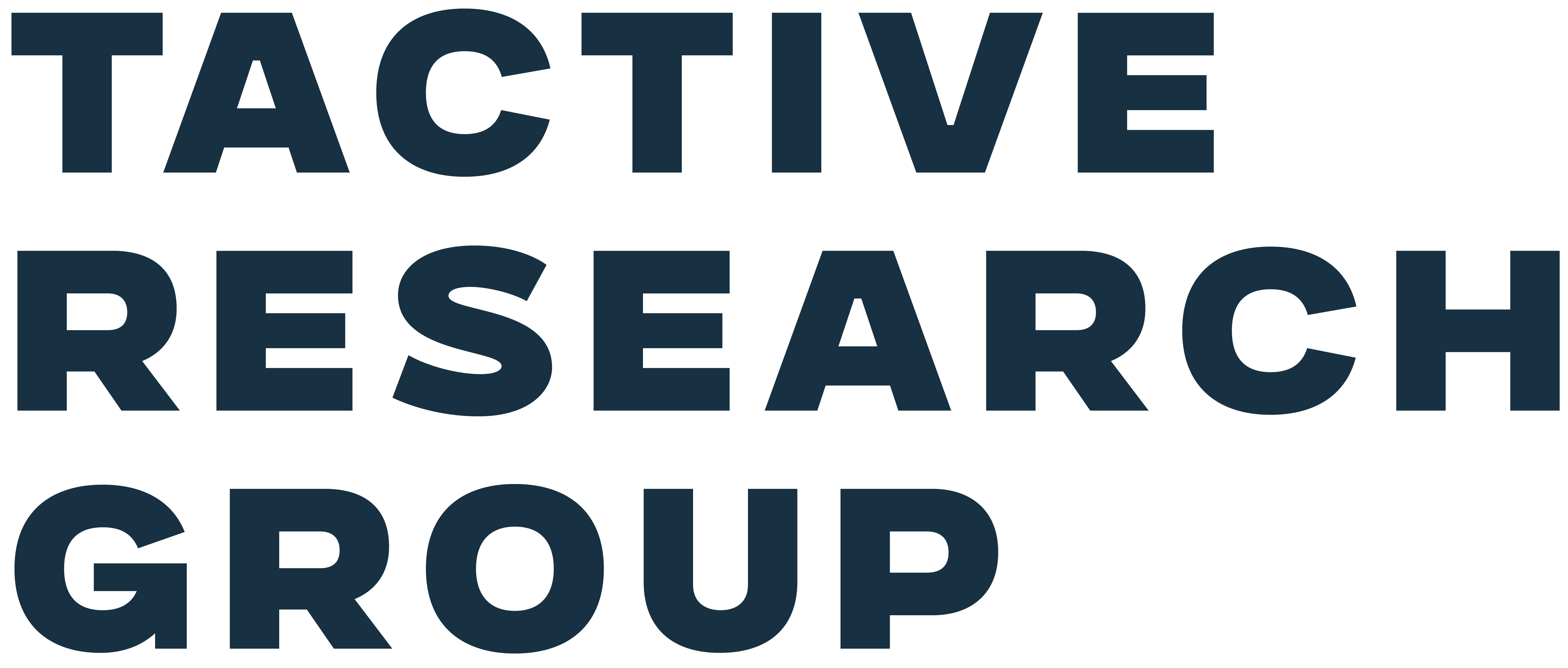Quick Take
Deno, a new JavaScript runtime created by NodeJS's original developer, aims to resolve long-standing issues with Node.js by enhancing security, simplifying package management, and improving compatibility with modern web standards. Web developers should explore Deno's features to determine if they align with their project needs and consider transitioning to leverage its advantages.
Why You Should Care
Node.js has dominated the JavaScript runtime landscape for over a decade but has faced criticism for security vulnerabilities, complex package management, and outdated APIs. Deno addresses these concerns by defaulting to a secure sandbox, allowing modules to be imported via URLs, and supporting the latest JavaScript features natively. Companies like Netlify and Slack are already adopting Deno, indicating its growing relevance in the web development ecosystem.
What You Should Do Next
Explore Deno as a potential upgrade to your web development projects to leverage its enhanced security, simplified package management, and modern API compatibility. Consider conducting a trial implementation of Deno in a small-scale project to familiarize your team with its capabilities and determine its suitability for future applications.
Get Started
Stay up to date with Deno and its features. Since Deno is still at an early stage, many new features are being released regularly.
Use Deno for well-defined passion projects and experimental development. This would allow your developers to test drive the new runtime environment and be in a stronger position to determine if Deno is indeed a viable replacement for Node.js. Having developers demo their Deno applications in chapter meetings and discussions is also a great way to empower them to share knowledge, foster innovation, and encourage collaboration among the team.
Learn More @Tactive
- Discovering Deno: Should You Transition from Node.js?
- Putting Developers First with Developer Experience: Part 2 - Improving Workflows

